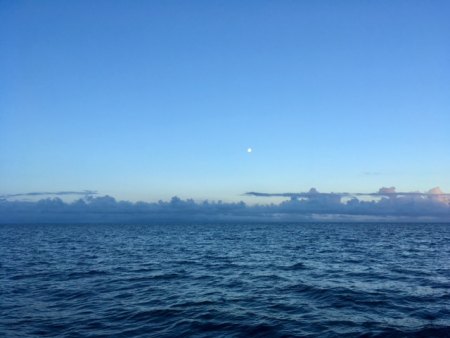
Precautionary advisory lifted for swimming sites on Ocracoke Island
State officials announced Saturday that bacteria levels at swimming sites on Ocracoke Island meet state and Environmental Protection Agency standards for swimming and other contact with the water.
The N.C. Division of Marine Fisheries’ Recreational Water Quality Program tested all established swimming sites on Ocracoke Island and found that the bacteria levels meet the state and EPA standards. A precautionary advisory remains in effect for mainland Hyde County.
Also, a swimming alert remains in effect for sound-side waters south of Ocracoke Island, for the ocean waters of New Hanover and Brunswick Counties, and for the public beach access just west of the junction of Coast Guard Road and Inlet Drive in Emerald Isle. Residents and visitors, including fishermen, who cannot avoid contacting those waters should exercise caution, limit wound exposure, and thoroughly wash their hands.
The Recreational Water Quality Program will continue testing in these other coastal areas.
Excessive rains and flooding can cause high levels of bacteria in the water that can make people sick. Floodwaters and storm water runoff can contain pollutants such as waste from septic systems, sewer line breaks, pet waste, wildlife, petroleum products and other chemicals
While state officials do not have immediate laboratory confirmation that disease-causing organisms are in the waters, there is an increased chance that contamination is present, and those swimming have an increased chance of adverse health effects.
Because waters affected by the storm are so widespread, signs are not posted.
Recreational water quality officials sample 209 sites throughout the coastal region, most of them on a weekly basis from April to October. Testing continues on a reduced schedule during the rest of the year, when waters are colder.
For more information about coastal recreational water quality, visit the N.C. Recreational Water Quality Program’s website at:
http://portal.ncdenr.org/web/mf/recreational-water-quality or on Twitter.com @ncrecprgm.